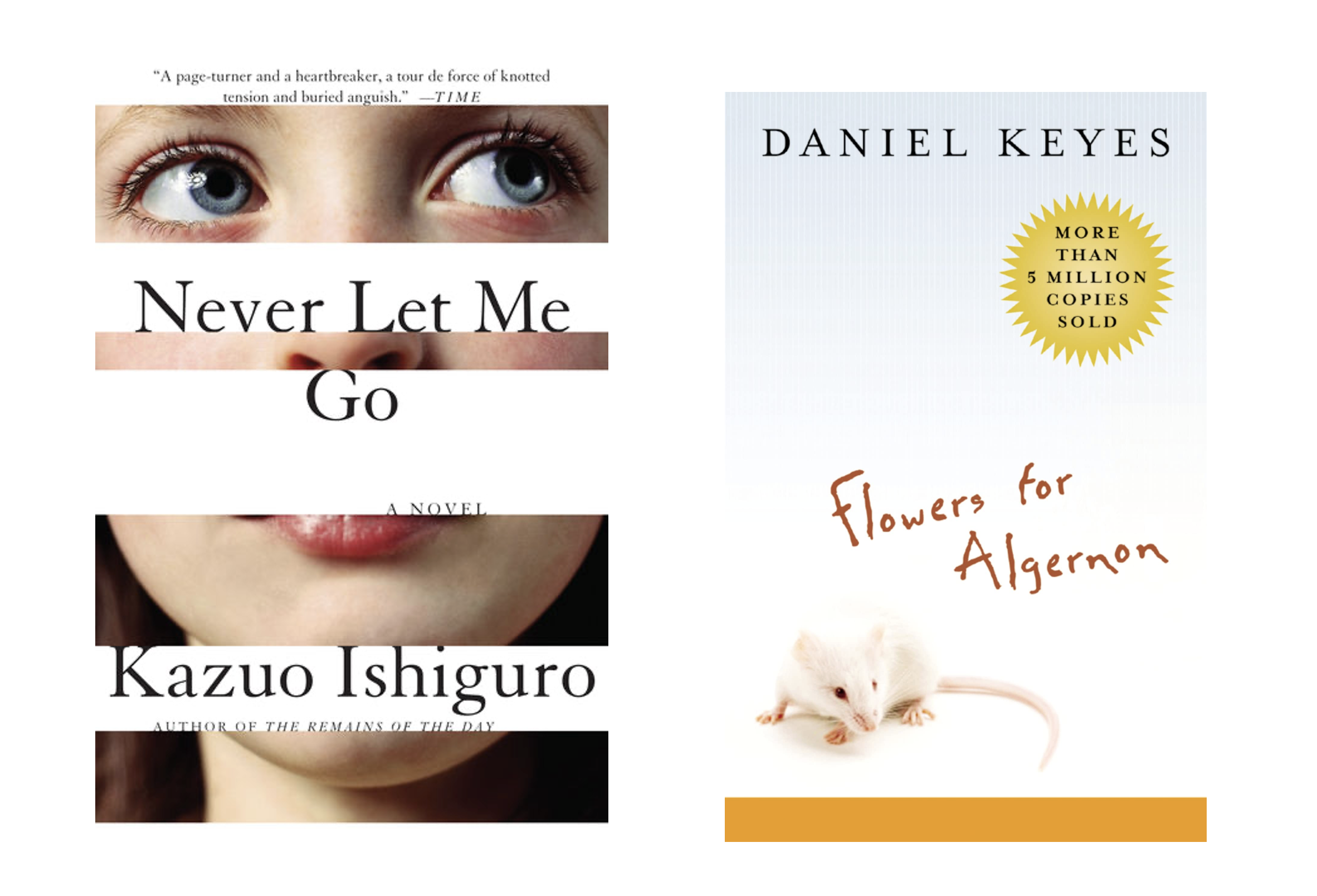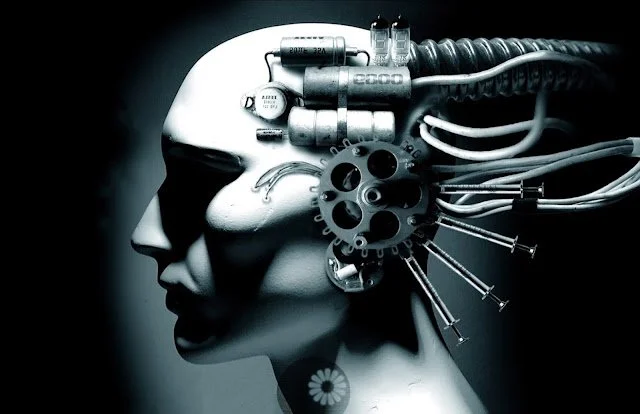Two Science Fiction Novels
I fell in love with science fiction while doing my doctorate at Duke.
I needed a mental break from the academic reading that I was doing at the time and I’d always been drawn to sci-fi, so I started by reading the “classics.”
Here are two of the books that I read at the start of my journey—which eventually amounted to over 200 novels.
First up was the dystopian novel, Never Let Me Go, by the Japanese-born, British author, Kazuo Ishiguro.
In his story, which TIME listed as its best novel of 2005, Ishiguro tells the tale of three characters who turn out to be clones, and whose legal and "natural" purpose in life is to offer their organs and, when needed, their life to "worthy" recipients.
Because the narrator tells her story in hindsight in a rather matter-of-fact fashion, I didn’t figure out what was going on until the very end, and it was at that point that I got the chills—the kind of chills you get when reading a horror story.
Left to our own devices, humans might very well wish to make this fiction a reality, provided they had access to all the right resources, and in the process ruin a great deal of what makes humans truly human.
With Daniel Keyes' novel, Flowers for Algernon, which won the Nebula Award for Best Novel in 1966, it took me a few days to get over the heartache of it.
Charlie Gordon, the story's protagonist, is a gentle 32-year-old man, with an IQ of 68, who works a menial job in a bakery—an amiable dimwit, as the story puts it.
Charlie gets the "opportunity" to undergo an experimental surgery that would triple his IQ, as it had been done already for a white mouse named Algernon.
After his surgery, Charlie astonishes everyone around him, and in some cases overwhelms and even intimidates them, and he falls in love with a woman who had once been his "special education" teacher.
At the same time, his emotional IQ cannot keep pace and he eventually ruins all of his relationships.
In time, Charlie experiences the same regression that the mouse had experienced after achieving peak intelligence, and he reverts to his old self.
It’s at this point that the novel begins to break the heart in the way that sci-fi novels are uniquely equipped to do.
(God-willing and the creek don’t rise, I’m going to take all the notes that I’ve written on the subject over the past fifteen years and turn it into a Theology & Science Fiction course at Fuller Seminary.)

